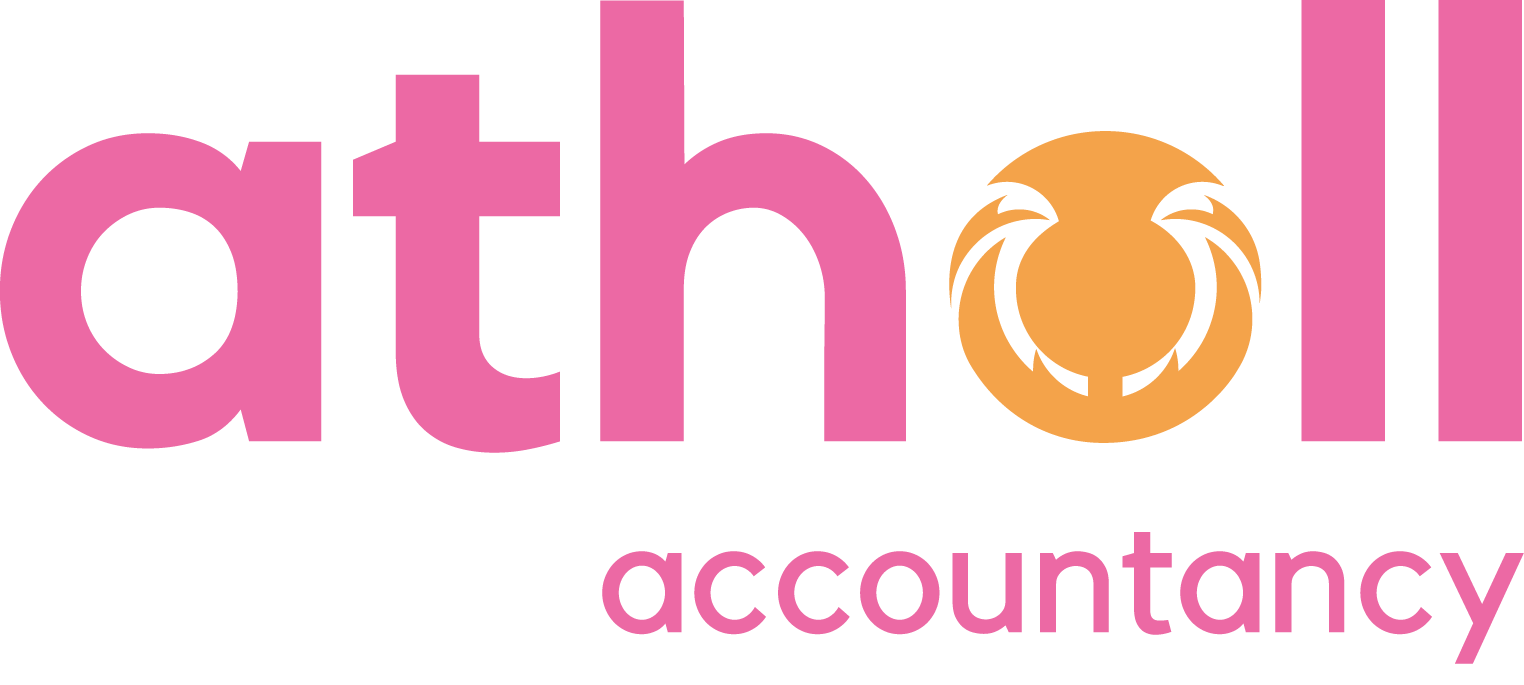For the 2020/21 tax year, over 12 million self assessment tax returns were issued by HMRC. 2.3 million of them were late and missed the filing deadline of 31 January 2022, and over 600,000 of the returns were filed on deadline date.
HMRC don’t release any information on when returns were filed but from experience, we know that a large proportion of the returns will have been submitted during January, despite the fact that almost 9 months have passed in which the returns could have been filed.
What many people don’t realise is that there are benefits from submitting their tax return as early as possible, and regardless of when the return is submitted, the tax doesn’t have to be paid until 31 January.
So, how can you benefit from preparing your tax return before January?
• You’ll know what tax you have to pay long before you have to pay it
Very few people have similar tax bills year after year, most are the opposite. If your taxable income has increased, the payments on account made during the year won’t cover your tax bill, so you’ll have a balancing payment to make alongside a higher payment on account for the following year. If you are a higher rate tax payer this could be thousands of pounds higher than your previous payments.
If your taxable income has reduced, an early return can mean that your July payment on account can be reduced or even skipped. If your tax bill has reduced from the year before, your payments on account will more than cover your tax bill. If your tax return is done before July, that payment on account can be reduced to reflect your actual tax bill. If you’ve already paid the payment on account, a refund can be requested as soon as your tax return is submitted.
• Learning from your return to improve the current year
As accountants, we will always often notice things when we prepare your return that will help you make your business more profitable or could save you tax. If we don’t see your records until January, it will often be too late for you to implement that advice to best effect in the next tax year, so it can be two tax years before you see the results. If we get your records in June, you’ll still have three quarters of the year to take action. The earlier your accountant is involved, the more proactive advice we can give, and the more value you will get.
• Reduced stress
Every January we see clients who are stressed about leaving their return so late and vowing to be earlier the next year. They’ve often worried about it and what tax they’ll have to pay over Christmas, then struggled to find the relevant records and find questions about their information, which is difficult as it’s so long ago. Preparing the return earlier removes that stress – memories are fresher and there are no looming deadlines adding to the pressure.
• Helps prepare for Making Tax Digital
From April 2024, everyone who is self-employed or has a property income of over £10,000 per annum, will have to submit returns to HMRC quarterly through software. We are still waiting for full details from HMRC, but this is likely to mean that the first of these returns will be due before the tax returns for 2022/23. For most people, that won’t be possible without having first prepared the return for the earlier year.
